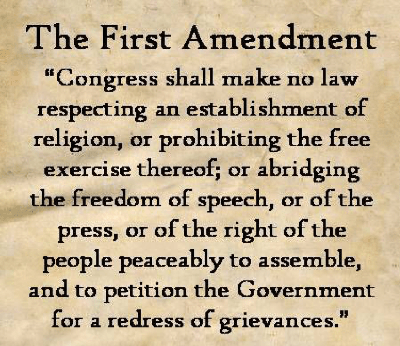Perseverance gains a little height

Click for interactive map.
Cool image time! The photo above, rotated and cropped to post here, was taken on July 18, 2022 by the right navigation camera on the Mars rover Perseverance.
The view isn’t that remarkable, when compared to many other pictures from Mars. What makes it newly interesting is that it shows that Perseverance has gained a little elevation as it explores the base of the delta that flowed into Jezero Crater. It is no longer on the crater floor, but above it, though not by much.
You can see the far rim of Jezero Crater in the distance, obscured somewhat by the dust that builds up in the Martian atmosphere during the winter. You can also see the gentle left-to-right downward slope of material that flowed down from that delta some time in the past. Also, though the resolution isn’t good enough to show it, the helicopter Ingenuity probably sits somewhere near the center of this picture, just to the right of the nose of the biggest ridgeline.
The overview map on the right gives the context, with the yellow lines showing my estimate of the area viewed by the picture above. The blue dot is Perseverance, the green dot is Ingenuity. The red dotted line is my present guess as to the planned route of Perservance up onto the delta.

Click for interactive map.
Cool image time! The photo above, rotated and cropped to post here, was taken on July 18, 2022 by the right navigation camera on the Mars rover Perseverance.
The view isn’t that remarkable, when compared to many other pictures from Mars. What makes it newly interesting is that it shows that Perseverance has gained a little elevation as it explores the base of the delta that flowed into Jezero Crater. It is no longer on the crater floor, but above it, though not by much.
You can see the far rim of Jezero Crater in the distance, obscured somewhat by the dust that builds up in the Martian atmosphere during the winter. You can also see the gentle left-to-right downward slope of material that flowed down from that delta some time in the past. Also, though the resolution isn’t good enough to show it, the helicopter Ingenuity probably sits somewhere near the center of this picture, just to the right of the nose of the biggest ridgeline.
The overview map on the right gives the context, with the yellow lines showing my estimate of the area viewed by the picture above. The blue dot is Perseverance, the green dot is Ingenuity. The red dotted line is my present guess as to the planned route of Perservance up onto the delta.













